
Nature conservation is the moral philosophy and conservation movement focused on protecting species from extinction, maintaining and restoring habitats, enhancing ecosystem services, and protecting biological diversity. A range of values underlie conservation, which can be guided by biocentrism, anthropocentrism, ecocentrism, and sentientism, environmental ideologies that inform ecocultural practices and identities. There has recently been a movement towards evidence-based conservation which calls for greater use of scientific evidence to improve the effectiveness of conservation efforts. As of 2018 15% of land and 7.3% of the oceans were protected. Many environmentalists set a target of protecting 30% of land and marine territory by 2030. In 2021, 16.64% of land and 7.9% of the oceans were protected. The 2022 IPCC report on climate impacts and adaptation, underlines the need to conserve 30% to 50% of the Earth's land, freshwater and ocean areas – echoing the 30% goal of the U.N.'s Convention on Biodiversity. Ultimately, these movements should be further promoted to encourage biodiversity and to conserve a functional ecosystem.

Sylvia Alice Earle is an American marine biologist, oceanographer, explorer, author, and lecturer. She has been a National Geographic explorer-in-residence since 1998. Earle was the first female chief scientist of the U.S. National Oceanic and Atmospheric Administration, and was named by Time Magazine as its first Hero for the Planet in 1998.

The Goldman Environmental Prize is a prize awarded annually to grassroots environmental activists, one from each of the world's six geographic regions: Africa, Asia, Europe, Islands and Island Nations, North America, and South and Central America. The award is given by the Goldman Environmental Foundation headquartered in San Francisco, California. It is also called the Green Nobel.
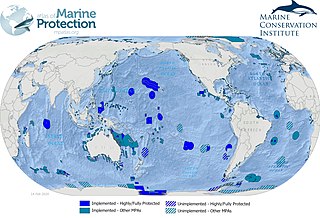
Marine protected areas (MPA) are protected areas of seas, oceans, estuaries or in the US, the Great Lakes. These marine areas can come in many forms ranging from wildlife refuges to research facilities. MPAs restrict human activity for a conservation purpose, typically to protect natural or cultural resources. Such marine resources are protected by local, state, territorial, native, regional, national, or international authorities and differ substantially among and between nations. This variation includes different limitations on development, fishing practices, fishing seasons and catch limits, moorings and bans on removing or disrupting marine life. In some situations, MPAs also provide revenue for countries, potentially equal to the income that they would have if they were to grant companies permissions to fish. The value of MPA to mobile species is unknown.
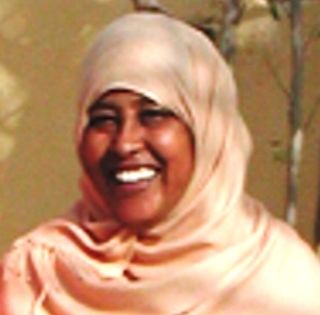
Fatima Jibrell is a Somali-American environmental activist. She was the co-founder and executive director of the Horn of Africa Relief and Development Organization, co-founder of Sun Fire Cooking, and was instrumental in the creation of the Women's Coalition for Peace.
Heffa Schücking is a German environmentalist. She was awarded the Goldman Environmental Prize in 1994, for her works to protect the rainforests.
Yvonne Margarula is an Aboriginal Australian environmentalist who won the 1998 Friends of the Earth International Environment Award and the 1998 Nuclear-Free Future Award. She also won the 1999 US Goldman Environmental Prize, with Jacqui Katona, in recognition of efforts to protect their country and culture against uranium mining.
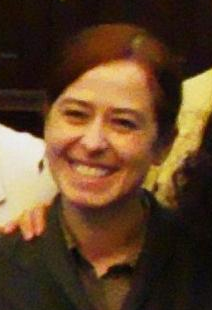
Małgorzata Górska is a Polish activist and conservationist, who played an integral role in the movement to protect the Rospuda Valley in north-eastern Poland, one of Europe’s last true wilderness areas. She comes from Trzcianne region in Podlaskie Voivodship in Poland.
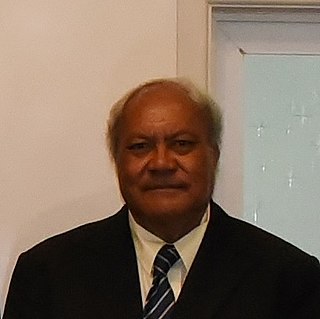
Kiriau Turepu is a Cook Islands politician and former Cabinet Minister. He is a member of the Cook Islands Party.

Jairo Mora Sandoval was a Costa Rican environmentalist who was murdered while attempting to protect leatherback turtle nests. Just before midnight on May 30, 2013, Mora and four female volunteers were abducted by a group of masked men. The women eventually escaped and informed the police. Mora's bound and beaten body was found on the beach the next morning. An autopsy determined he died by asphyxiation after suffering a blow to the head.
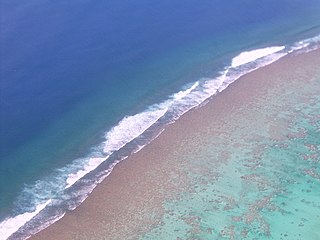
Marae Moana is a multiple-use marine protected area created on 13 July 2017, when the Parliament of the Cook Islands passed a bill creating the largest multiple-use marine protected area in the world at the time of its passage. Marae Moana covers the Cook Islands' entire exclusive economic zone of over 1.9 million square kilometers.
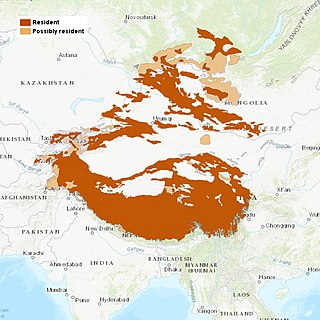
Bayarjargal (Bayara) Agvaantseren is a Mongolian conservationist who has campaigned to save the habitat of the snow leopard in an area of the South Gobi Desert which has become a major mining hub. Thanks to her successful efforts to create the 8163-sq-km Tost Tosonbumba Nature Reserve and to have the authorities cancel 37 mining licences, in 2019 she was awarded the Goldman Environmental Prize.
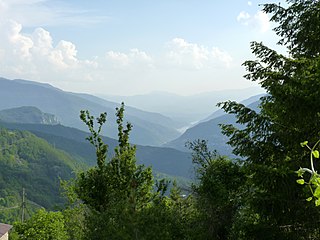
Ana Čolović Lešoska is a Macedonian biologist who since 2011 has campaigned against the construction of dams for hydroelectric power production in the Mavrovo National Park in order to safeguard threatened species, including the Balkan lynx. This led to the withdrawal of loans from the World Bank and the European Bank for Reconstruction and Development (EBRD), convincing the Government of North Macedonia to suspend further work on dams in the national park. In recognition of her efforts, in April 2019 she was one of six environmentalists to be awarded the Goldman Environmental Prize.

Linda Garcia is an American environmental activist from Vancouver, Washington. In 2013, she heard of plans for a Tesoro Savage oil terminal in the Port of Vancouver, designed to be America's largest. After examining the company's records, she led a campaign against the project, successfully rallying public opposition. In January 2018, Governor Jay Inslee refused the necessary permits, putting an end to the project. In recognition of her efforts, in April 2019 Garcia was one of six environmentalists to be awarded the Goldman Environmental Prize.
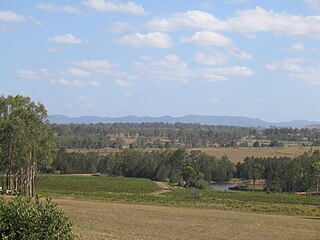
Wendy Bowman is an Australian farmer and environmentalist in New South Wales. Thanks to her campaigning, she has been able to prevent the Chinese coal company Yancoal Australia developing coal mining in the Hunter Valley region. She has not only succeeded in keeping her family farm but has protected the local community from the effects of pollution and environmental degradation. In recognition of her efforts, in April 2017 she was one of six environmentalists to be awarded the Goldman Environmental Prize.
Anitry Ny Aina Ratsifandrihamanana (Nanie) is a Malagasy conservationist and is the country director of WWF Madagascar and western Indian Ocean Islands.

Marumaru Atua is a reconstruction of a vaka moana, a double-hulled Polynesian voyaging canoe. It was built in 2009 by the Okeanos Foundation for the Sea. In 2014, it was gifted to the Cook Islands Voyaging Society. It is used to teach polynesian navigation.
Angelique Pouponneau is a Seychellois lawyer and environmentalist.















